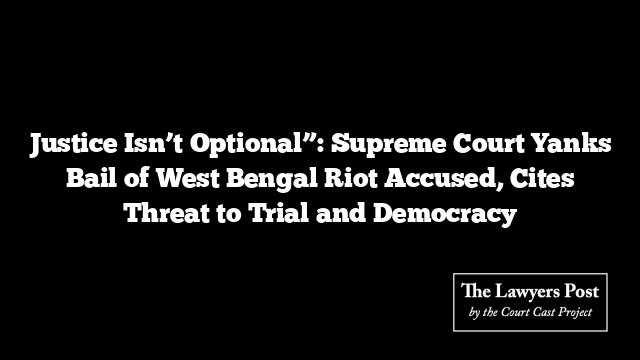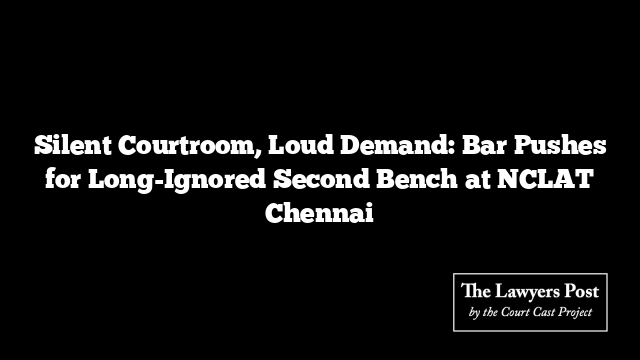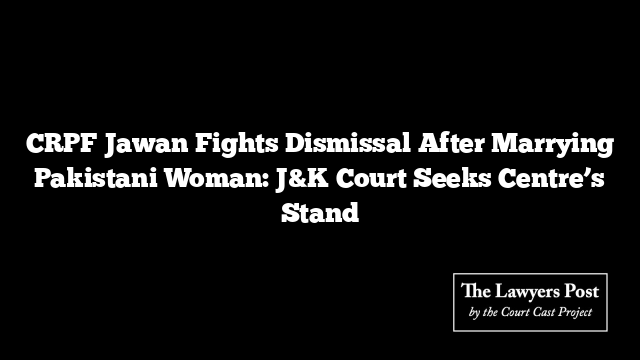In a scathing order that lays bare the tension between political power and due process, the Supreme Court has revoked bail for two men accused in a 2021 post-election assault case in West Bengal, calling the allegations against them a direct assault on democratic foundations.
The Court’s move comes in response to an appeal by the Central Bureau of Investigation (CBI) challenging the Calcutta High Court’s decision to release the accused. The bench, comprising Justices Vikram Nath and Sandeep Mehta, minced no words: the charges—including mob violence, sexual assault, and political retaliation—weren’t just criminal in nature but corrosive to the very structure of justice.
“These allegations shake the conscience of the Court,” the justices said. “There is a clear and present danger of the accused derailing the trial.”
The origin of the case is as harrowing as it is politically charged. A resident of Gumsima village had backed the BJP during the volatile 2021 West Bengal elections. What followed, he said, was retribution. On the night of May 2, nearly 50 armed individuals allegedly stormed his home. His house was looted. His wife was reportedly dragged by her hair, stripped, and was on the verge of being raped—until she threatened to set herself ablaze, sending the mob fleeing. The family ran for their lives.
When they tried to report the crime the next day, they were turned away by the local police. Instead of registering the case, officers allegedly told them to leave the village “for their own safety.”
It wasn’t until the Calcutta High Court, months later, ordered the CBI to take up cases involving murder and sexual assault that this FIR was officially registered—on December 16, 2021. By then, critical time had been lost. The charges eventually filed ranged from rioting and criminal conspiracy to attempted rape.
The accused were arrested in late 2022. The following year, the Calcutta High Court granted them bail. But according to the CBI, that decision was not only premature but deeply flawed—suggesting that the accused were leveraging political influence to delay proceedings and intimidate witnesses.
The Supreme Court agreed.
Rejecting the defense argument that the bail was legally sound and that no direct roles were assigned to the accused, the Court pointed to the gravity of the alleged crimes, the refusal of police to register the FIR, and the failure of the trial to move forward even after the charge sheet was filed.
“The complainant was told to flee by the very authorities who should have protected him. This lends credibility to the claim that the accused wield disproportionate clout over the village—and the police,” the bench observed.
The Court described the attack not just as criminal but as “an attack on the roots of democracy,” driven by political vengeance meant to terrify opposition supporters. It held that both the severity of the crime and the likelihood of trial interference justified cancelling bail.
The accused have been ordered to surrender within two weeks. Should they fail to do so, the trial court has been instructed to take coercive measures. Once back in custody, they are to remain there while the trial proceeds.
Additionally, the Supreme Court has mandated that the trial be completed within six months. It also directed the West Bengal Home Secretary and the state’s police chief to ensure full protection for the complainant and key witnesses.
Any stay on the trial issued by another court was declared void.
The ruling, heavy in tone and decisive in action, is more than a procedural correction. It’s a message: when violence is used to silence dissent and twist justice, the courts will not be idle bystanders.





